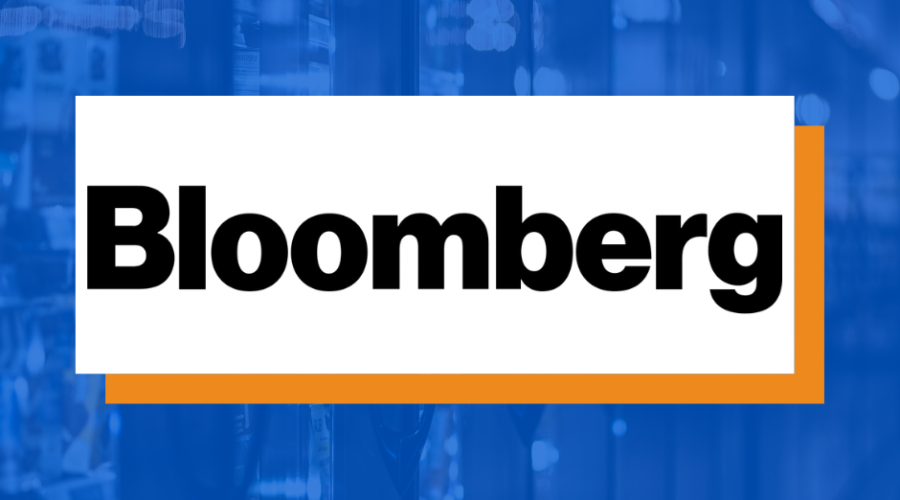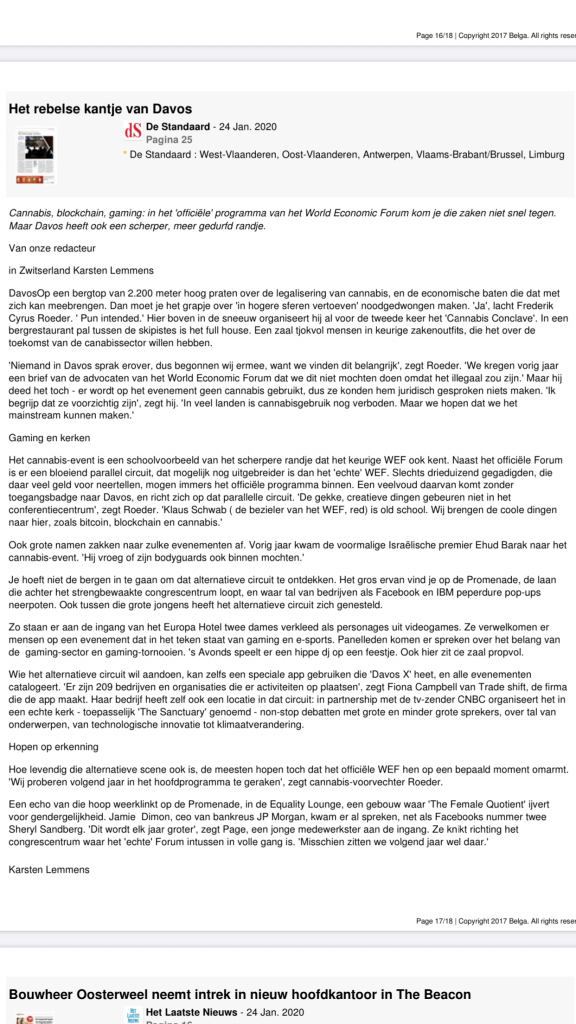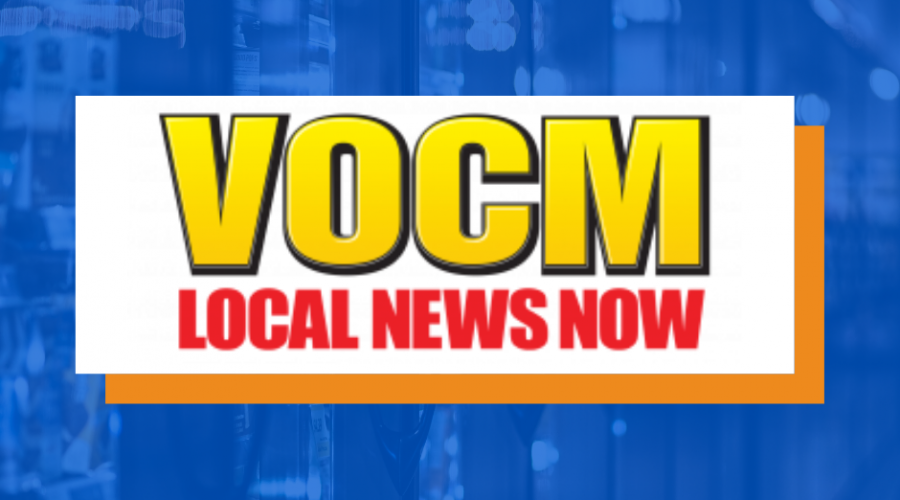Davos cannabis conclave advances cause for legalisation
The second annual, premier cannabis industry event – the Cannabis Conclave – returned to Davos this January to bring together industry leaders and policy makers.
This year the Cannabis Conclave brought together cannabis industry executives, global investors, policy makers and international media to fuel the legalisation debate globally, both for recreational and medical cannabis, and to highlight the growing legitimacy and maturity of the legal cannabis industry.
The Consumer Choice Center organised the event that took place in Davos, Switzerland on 23 January, 2020.
Medical Cannabis Network spoke to organiser, David Clement, to find out more.
Cannabis Conclave 2020
As the world’s most influential executives, activists, and change makers descend on Davos, the conclave aimed to bring cannabis to the front and centre of the global discussion.
Clement, North American Affairs Manager with the Consumer Choice Center, said: “Both internationally and domestically, the number one issue is that legislation is not consumer or patient focussed. Legalisation bills, whether medical or recreational, should always be putting access and affordability first. Unfortunately, in many instances this is not the case. It is time for international bodies to realise that the war on drugs is a failure, especially its focus on cannabis.
“I think that countries should be able to craft cannabis regulations to suit their specifics needs. That being said, I’d strongly encourage all governments to abandon the war on drugs and to legalise cannabis.”
The high-end networking that occurs at the conclave ensures the right amount of knowledge sharing for future collaborations, and for smarter consumer focussed policy.
Clements said: “The legitimacy of the industry can be cemented by having additional countries embrace medical and recreational legalisation. Canada, despite its regulatory mistakes, has charted a course for other countries to follow their lead. We are hopeful that as more countries adopt legalisation, that a tipping point internationally is in the near future.”
Cannabis in 2020
2020 has been earmarked as a big year for cannabis – with expectations that both recreational and medicinal cannabis will become much more ‘normalised’.
Clements said: “The big developments for cannabis in 2020 will be new jurisdictions embracing legalisation. We know that Luxembourg and Malta are now currently reviewing what their legalisation process could look like. One big theme from those two countries is the question of how much they will learn from Canada? For example, it is our hope that while embracing legalisation that those two countries avoid over-regulating cannabis like Canada did.
“Having patient friendly and consumer friendly regulations is the only way to ensure that legalisati on is a success, and that the black market is stamped out.”
He added: “One big takeaway from Cannabis Conclave 2020 is that the world is now listening when it comes to cannabis legalisation.”
Originally published here.
The Consumer Choice Center is the consumer advocacy group supporting lifestyle freedom, innovation, privacy, science, and consumer choice. The main policy areas we focus on are digital, mobility, lifestyle & consumer goods, and health & science.
The CCC represents consumers in over 100 countries across the globe. We closely monitor regulatory trends in Ottawa, Washington, Brussels, Geneva and other hotspots of regulation and inform and activate consumers to fight for #ConsumerChoice. Learn more at consumerchoicecenter.org









